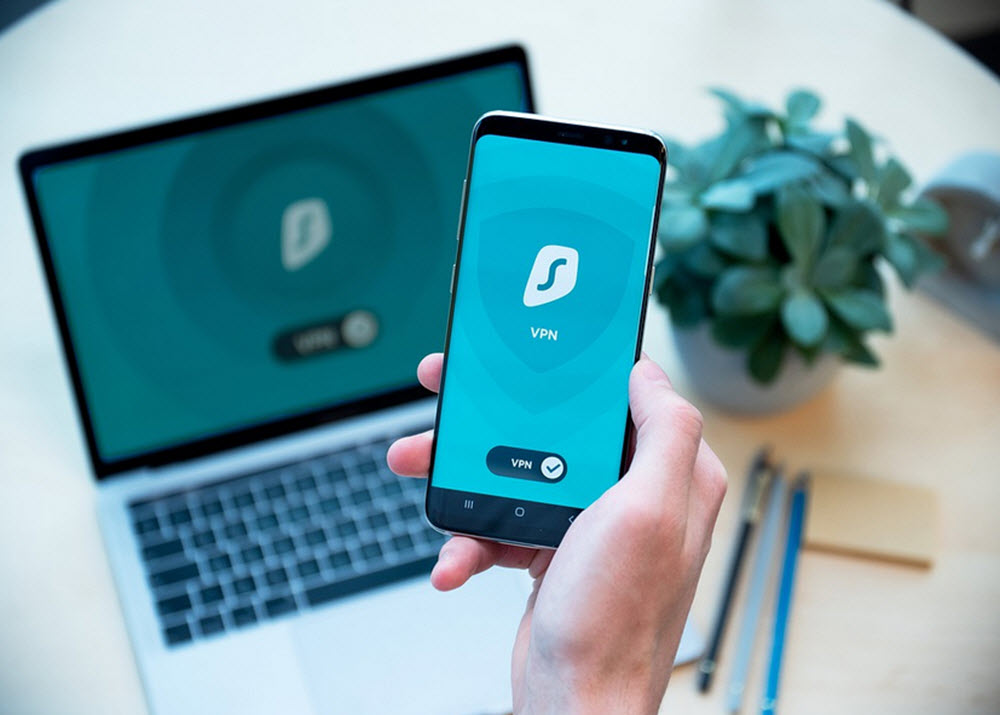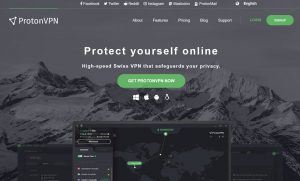WHAT IS A VPN?
Everyone is online. Whether using the internet for social, financial, or educational purposes, we are all surfing the web. This wonderful technology has made life much easier for all types of tasks. Needless to say, we rely heavily on the internet, whether for work, school, or to interact with our families and friends. But, the internet is not a safe haven, and bad agents are trying to access your information or governments are trying to limit your access to information. This is where VPNs come into play.

So, What Exactly is a V P N?
A VPN or a Virtual Private Network is a service that permits you to connect to the internet through an encrypted pathway to ensure your privacy and protection Using a VPN to connect to the internet allows you surf privately, protects your information from being easily accessed, allows you access to websites that are restricted by the local government. You can dodge the censorship by the governing bodies and continue using the websites they blocked access to. Circumventing these geo-restrictions is one of the biggest draws of VPN technology.
Using a phone or a computer, accessing the internet from your phone data, home or office Wi-Fi, and at public Wi-Fi access points, you’re always taking a risk. Hackers, scammers, fraudsters, and other cybercriminals are always actively trying to steal your PPIs or Personal Identifiable Information, or card and bank account numbers. Using a browser without a VPN leaves you vulnerable to being traced and gives hackers a way to find your IP address and further personal data.
VPN encrypts your connection, making it very difficult to access. This extra layer of protection and security is the reason behind the newfound popularity of personal VPN usage. If a bad actor was able to pin down the IP address behind your connection, it would not be your IP but rather one of the many IPs that the private network company has. This technology was created originally to provide access to corporate resources to mobile users, office branches, and remote employees. The connection is formed through an encrypted and layered tunnelling protocol.
VPN Types and Protocols
When talking about types of VPN there are two specific types separated by different VPN security protocols:
- Remote Access VPN: allows a user to connect to a private network, its resources and services from a distant location. Gives the user a secure and private connection.
- Can be used by corporate employees on the road to access his/her company’s private network and files to work remotely.
- Also used by individuals to bypass regional restrictions on the internet, accessing blocked websites. Also used for surfing the net privately.
- Site-to-Site VPN: Also known as a Router-to-Router VPN. This type of VPN is most commonly used by corporations. This method connects offices in different locations (cities, states, countries) to each other to conduct business securely
- Trading VPN: A Trading VPN is a VPN that is specially designed to help traders execute their trades faster. They ensure that the trades go the shortest route to the broker. This type of VPN is primarily used by forex traders and high-frequency traders.

There are 6 different VPN protocols in use. Some protocols work concurrently and others work individually:
- Internet Protocol Security or IPSec
- Layer 2 Tunneling Protocol (L2TP)
- Point-to-Point Tunneling Protocol (PPTP)
- Secure Sockets Layer (SSL) and Transport Layer Security (TLS)
- OpenVPN
- Secure Shell (SSH)
Choosing the right VPN for your business or personal needs is crucial. There are many programs for your computers, and apps for your mobile devices and extensions on your browsers to choose from. Find the one that provides you with the services you need and the level of security and privacy you require. The Internet is a gift that makes our lives easier, but using it safely can keep that gift of technology from becoming a major problem.



